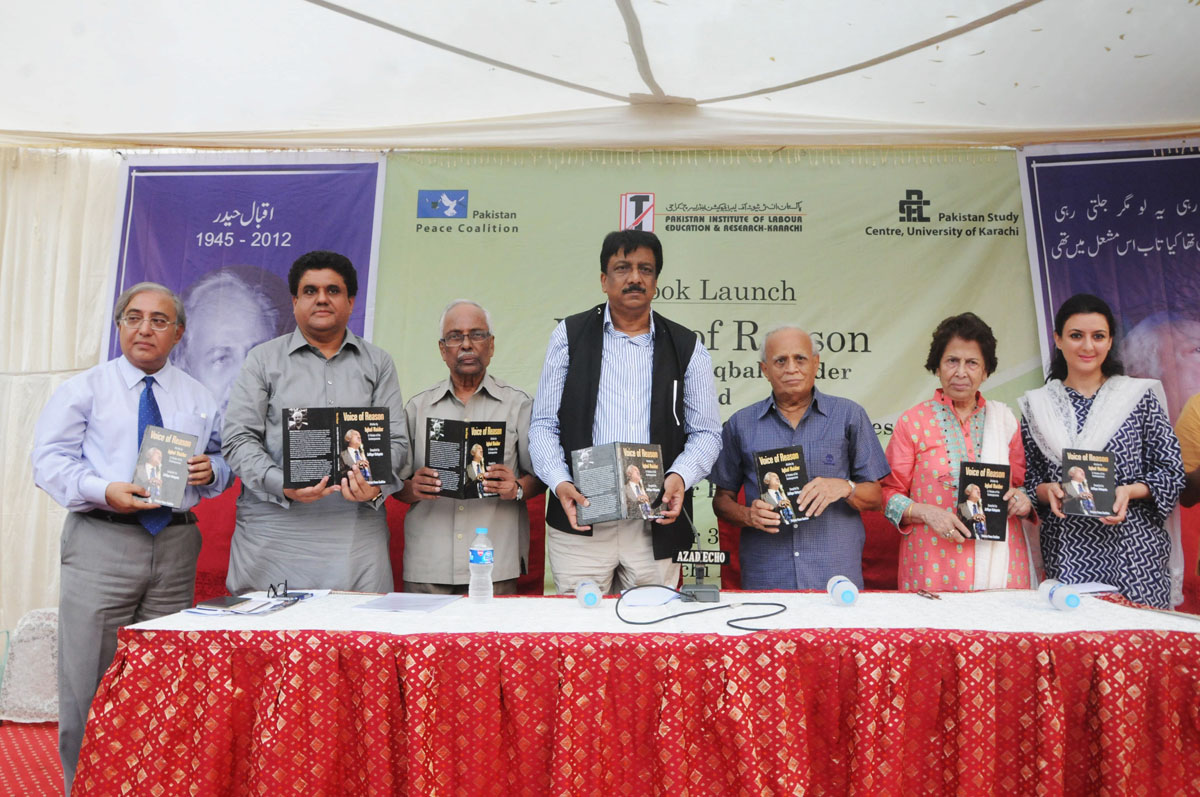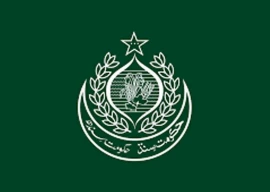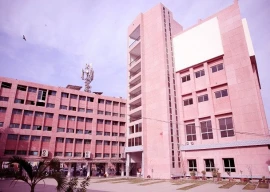
He was addressing a book launch ceremony, titled ‘Voices of Reason’, containing articles of Iqbal, complied by writer and social activist, Zulfiqar Halepoto, at the Karachi Press Club on Thursday.
He said that when he became the governor of Sindh, the first person he invited for a meeting was Iqbal. “He advised me to make the Governor House a public place and the portion used by Quaid-e-Azam accessible to the children.”
The toughest assignment of my life was handling the affairs of the ECP as its head, disclosed its former chief.

Speakers paid rich tribute to Iqbal for his efforts and struggle for a democratic and secular Pakistan. The ceremony organised by Pakistan Peace Coalition (PPC), Pakistan Institute of Labour Education and Research (Piler) and Pakistan Study Centre at University of Karachi was addressed by PPC secretary general BM Kutty, Justice (retd) Majida Razvi, MNA Alizeh Iqbal Haider, Member of the Indian Parliament Shahid Siddiqui, Piler executive director Karamat Ali and KU’s Pakistan Study Centre chairperson Dr Jaffar Ahmed.
Siddiqui said Iqbal was a major advocate of secularism as he was active in improving people-to-people contacts and raising human rights issues. “In India, Iqbal is regarded as a champion of human rights, who fought a legal battle in the Supreme Court of Pakistan for the release of Indian fishermen,” he added.
He was of the view that Iqbal dreamed of a better subcontinent - the dream of Quaid-e-Azam and the dream of Mahatma Gandhi. On both sides of the border, he said, people like Iqbal were still fighting for the establishment of secular states. “The right to vote is not the only requirement for a democratic state.”
The Indian guest was of the view that Pakistani people were still struggling to take the first step towards democracy, adding that people of both the countries have to strive hard for a better region. “Let’s talk of democracy. Let’s talk of peace. We have to forget the mistakes of the past for a better and prosperous future,” he stressed.
MNA Alizeh pledged to pass on Iqbal’s message from generation to generation. “We’ll continue his struggle and mission.” Paying thanks to Halepoto, she said that her father (Iqbal) wanted a book to be compiled and Halepoto made it possible.
Ali eulogised the efforts of Iqbal for the release of fishermen from both sides of the border. In 2011, he recalled that Iqbal appeared before the Supreme Court on behalf of Pakistan Fisherfolk Forum and Piler to ensure the release of over 450 Indian fishermen.
Halepoto lauded the role of Iqbal as a member of Senate, adding that Iqbal was one of the few senators who raised their voices against religious fundamentalism in Pakistan.
The first female judge of the country, Justice (retd) Razvi, appreciated the efforts of late Iqbal for the uplift of human rights.
Recalling his political struggle with Iqbal, Kutty said that Iqbal was a leading lawyer. “He was also a political worker who extensively worked for the rights of the downtrodden people. He was a strong advocate of promoting peace in South Asia,” he said.
Dr Ahmed expressed regrets that secularism was misunderstood and misinterpreted in Pakistan, adding that those who support secularism are condemned. He pointed out the state should be religious-neutral as all over the world religion and secularism are treated separately in a state.
Published in The Express Tribune, November 2nd, 2013.

















COMMENTS
Comments are moderated and generally will be posted if they are on-topic and not abusive.
For more information, please see our Comments FAQ